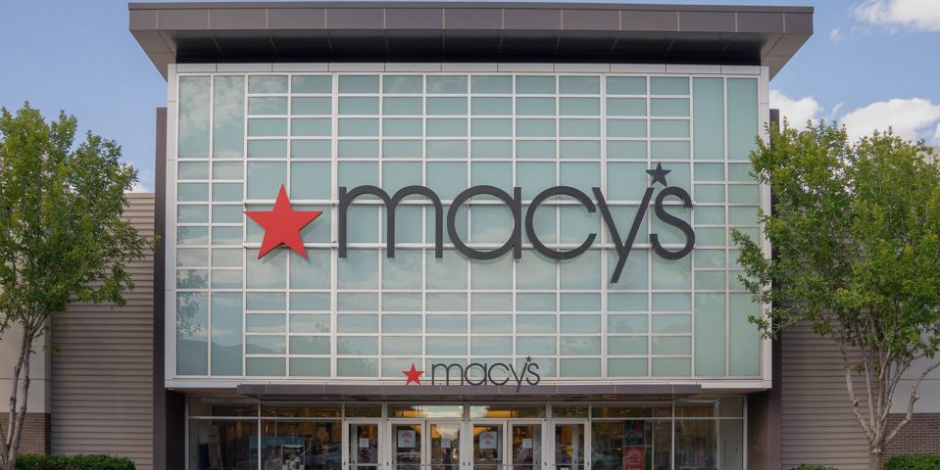Like an injured wildebeest stalked by lions, Macy’s has been tempting the wolves of Wall Street for much of the past decade as the department store conglomerate steadily bled revenue and shed almost half its peak fleet of 850 stores. So, the company’s most recent quarterly earnings, showing the first sales growth in years, caught investors by surprise, triggering a stampede that drove the stock price up by more than 25% in two days.
So far, the revaluation has held, suggesting the company’s announced “Bold New Chapter” turnaround strategy may finally be bearing fruit. Macy’s may yet escape the auction block.
What long held the interest of activist investors (a.k.a., vulture capitalists) has nothing to do with fashion or Thanksgiving Day parades, or just about anything having to do with the ailing department store business. The perceived meat on the bone has been the real estate under many of its stores.
Estimates of what Macy’s real estate portfolio might be worth vary widely, but everyone seems to agree that, in theory, the company could go bankrupt tomorrow and still be more valuable than its current market capitalization of nearly $5 billion. The second quarter earnings news that comparable store sales were growing for the first time in years was the catalyst that begged a second look and juiced the stock price.
Impatient investors have been badgering the company for several years to cash in some of its more valuable assets. Besides leveraging its real estate, some investors have been pressing the company to consider spinning off Bloomingdale’s, Macy’s iconic luxury fleet, and its Bluemercury cosmetics chain, both of which have been outperforming.
The company has resisted, choosing instead to close under-performing Macy’s-branded stores and doubling down on a Bloomingdale’s outlet fleet called Bloomies, among other tactics. The approach seems to be working with Bloomingdale’s notching a healthy 5.7% comparable sales growth for the recent quarter and Bluemercury turning in its eighteenth consecutive quarter of gains.
One of the tactics the company is reportedly considering, which could justify a higher stock price, would be the sale and leaseback of its real estate portfolio. In the meantime, the company has recently repurchased more than $150 million worth of its stock and continues to pay a quarterly dividend that currently yields a return of about 4%.
As we noted here in 2023, as a retail brand Macy’s has a long way to go to catch up. The 167-year-old company that invented the department store; is still the largest department store chain in the U.S. with $23 billion in annual sales; which dominated the mall placements of America; became the go-to brand of the last century; and was one of the first merchants to launch an e-commerce website (in 1997)—has been slowly drifting toward retail oblivion.
The problem is how the company became so big—by buying up many of the locally-owned department stores around the country and rebranding them under the Macy’s banner. Over a decade between the mid 1990s and mid-2000s, names like Strawbridge’s in Philadelphia, Marshall Field’s in Chicago, Burdine’s in Miami, and Lazarus in Ohio disappeared.
So did customer loyalty embedded in the cherished memories of families that had traditionally patronized them when making important purchases like their sons’ first suits, their daughters’ prom dresses, Father’s Day ties, and Mother’s Day hats—along with the mundane needs of everyday life.
The future for Macy’s is still a bit murky given the uncertainty surrounding the economy and the tariff chaos, but the company seems to have finally gotten the message that you can’t ignore customers and expect to succeed. In the earnings call with analysts for the most recent quarter, CEO Tony Spring repeatedly mentioned Macy’s renewed customer-centric focus and even read a letter from a satisfied shopper.
Subscription required.

















